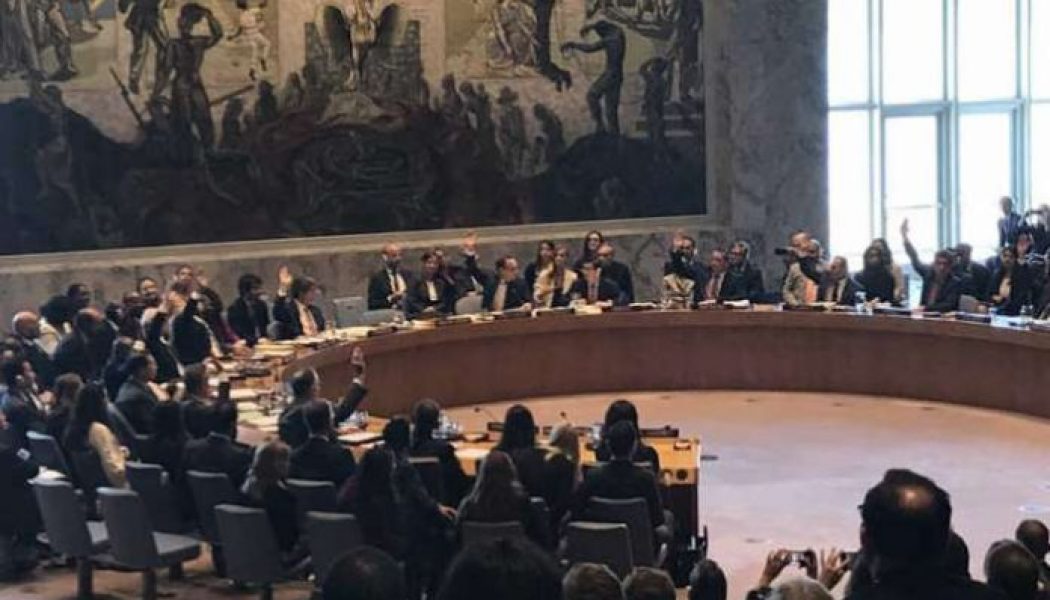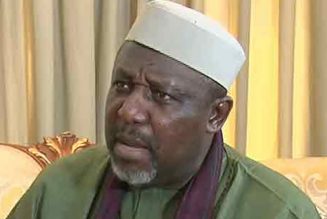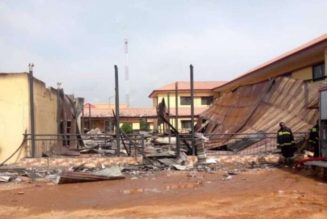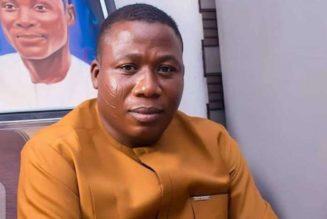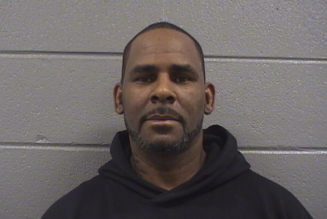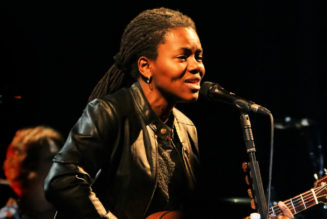
South Africa on Tuesday assumed the rotating monthly presidency of the United Nations Security Council.
During the month, South Africa will focus on strengthening the cooperation between African Union (AU) and United Nations, and emphasising the importance of a proactive approach to the maintenance of international peace and security, particularly in the form of drawing greater attention to “preventative diplomacy mechanisms,” Jerry Matjila, permanent representative of South Africa to the UN and president of the Security Council for the month of December, told journalists during a hybrid press briefing at the UN headquarters in New York.
This is South Africa’s second presidency during its two-year (2019-2020) elected term on the council.
December will also be the country’s final month on the council during its current term.
In December, there will be a ministerial-level debate on “Peacebuilding and Sustaining Peace: Security Sector Governance and Reform,” said Matjila, adding that the country would organise high-level open videoconference debate on cooperation between the UN and AU peace and security architectures.
As its third signature event, South Africa has chosen to have a briefing on “the promotion and strengthening of the rule of law, focusing on strengthening the cooperation between the Security Council and the International Court of Justice.”
In relation to other African issues, an adoption is anticipated to renew the mandate of the UN Organisation Stabilisation Mission in the Democratic Republic of the Congo, with a briefing and consultations ahead of the renewal.
There are meetings related to Sudan and South Sudan as well.
On South Sudan, there will be a briefing and consultations on the activities of the UN Mission in South Sudan, as well as a briefing by the chair of the 2206 South Sudan Sanctions Committee.
On Iran, the council is scheduled to receive the secretary-general’s report on the implementation of Resolution 2231, which in 2015 endorsed the Joint Comprehensive Plan of Action on Iran’s nuclear programme.
According to Matjila, there will also be regular meetings on Syria, Yemen and the situation in the Middle East, a quarterly meeting on Afghanistan and the semi-annual debate on the International Residual Mechanism for Criminal Tribunals.
The council will also be watching developments in Ethiopia, Western Sahara and Nagorno-Karabakh, said the ambassador.
